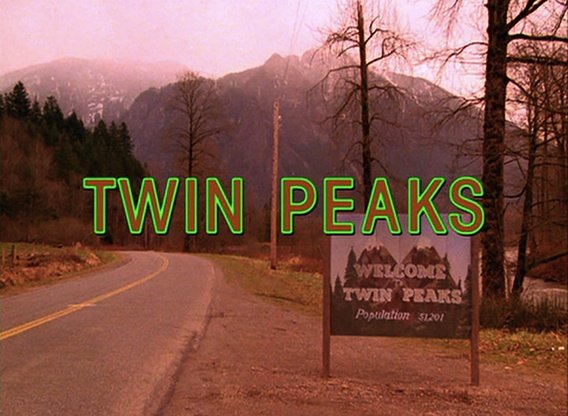Filmmaker and actor David Lynch died earlier this month, at 78. He is best known for his surreal, experimental nature, both on- and off-screen; his films “Mulholland Drive” and “Eraserhead” cemented him as a definite visionary of his era. He is, however, best known for the surrealist-mystery drama “Twin Peaks,” a wonderfully twisted television show set in the fictional town of Twin Peaks, Washington.
“Twin Peaks,” which ran for two seasons from 1990 to 1991, broke records initially before being largely swept under the rug after its cancellation in 1991. It was revived in 2017 for a third season, which quickly garnered a reputation equally as impressive as the first.
The show itself follows the investigation following the death of beloved, seemingly innocent homecoming queen Laura Palmer, played by Sheryl Lee. Kyle MacLachlan’s character of F.B.I. Special Agent Dale Cooper, the lead investigator in the case, put him up for the Golden Globes and the Emmys; Cooper’s blunt observational charm fits him perfectly with the rest of the town’s eccentric population. Assisted by Michael Ontkean as Sheriff Harry Truman, the pair’s investigations lead them to uncover a mess of nightmares about Laura Palmer, Twin Peaks, and the surrounding region.
Lynch’s experimental nature shines with the extradimensional Black Lodge, an alternate plane of reality that is the spiritual counterpart to the White Lodge; the White Lodge is the embodiment of “good,” while the Black Lodge is the embodiment of “evil.” A haunting soundtrack by Angelo Badalamenti serves to emphasize the show’s uncanniness.
As the series progresses, the struggles of the oddball, sometimes hapless side characters become their own stories in themselves. The show channels its inner soap opera with the amount of cheating that happens in this town; the relationship between Truman and Joan Chen’s character, simultaneously influential and aloof Josie Packard, and the dynamic created with Piper Laurie’s character of cynical Cathrine Martell, is nail-biting.
At the time, when the most popular show on-air was “Cheers,” Lynch’s series was seen as dark, bizarre, and, above all, fully and entirely captivating. ABC, the network originally responsible for airing “Twin Peaks,” took a massive gamble on the nation’s audience and wound up laying the groundwork for the production of dozens of other mind-bending shows of a similar nature. The show’s initial episodes scored some of ABC’s highest ratings of that time.
Lynch’s impact with “Twin Peaks” can be seen even today, in the genre of haunting small-town horror present in video games like “Silent Hill” and “Alan Wake,” and television shows like “Lost,” “Gravity Falls” and “Riverdale.”
“Twin Peaks,” all things considered, is a strange, strange land. It is a place of fascination and terror, filled with experimental oddities and interdimensional horror all based around the world of small-town drama. It was, at the time, a groundbreaking masterpiece, and its reputation continues to this day.

